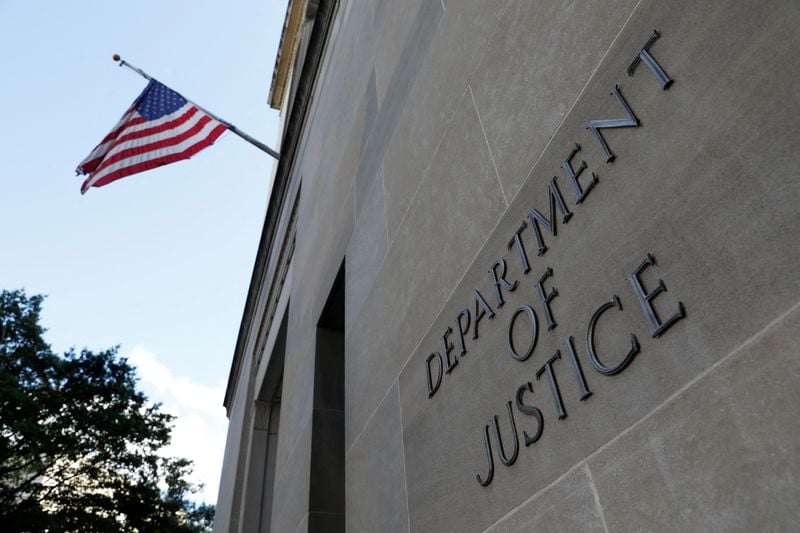CHARLESTON, SOUTH CAROLINA — On Friday, March 18, 2022, U.S. District Court Judge David C. Norton of the U.S. District Court for the District of South Carolina approved a consent decree that resolves alleged violations of the Clean Water Act by Defendant, Paul Edward Mashni, and several of his related entities that impacted wetlands on property near the Kiawah River, located on Johns Island, South Carolina. The complaint was brought in 2018 by the U.S. Attorney’s Office for the District of South Carolina, on referral from the U.S. Army Corps of Engineers, Charleston District (Corps).
The Clean Water Act generally requires any person who plans to fill federally protected wetlands to receive a permit from the Corps. The complaint alleged that Mr. Mashni and his associated companies violated the Clean Water Act by filling wetlands without a permit. This case stems from development activities the defendants conducted on land they owned and land nearby that the defendants did not own. During the defendants’ ownership of the Johns Island property at issue, evidence shows that the defendants operated earthmoving equipment through at least 11 acres of the property. Mr. Mashni and the other defendants’ conduct in this case contributed to the destruction and/or significant degradation of wetlands at the site. The consent decree approved today secures a significant penalty and mitigation to resolve the alleged Clean Water Act violations, while ensuring fairness for developers who comply with the Clean Water Act by obtaining a permit from the Corps before undertaking regulated work in wetlands.
Under the consent decree, the defendants are required to pay $525,000 in civil penalties; purchase seventy freshwater wetland restoration or enhancement mitigation credits to offset the environmental impact of their activity; and be subject to a prohibition of certain new activities in waters or wetlands at the property at issue absent pre-clearance from the Corps. In total, the approximate cost of the defendants’ total obligations under the settlement is over $1,000,000.
“This is a substantial penalty,” said U.S. Attorney for the District of South Carolina Corey F. Ellis. “It serves two purposes: to restore the integrity of the waters of the United States and to deter others from polluting those waters.”
Compliance and enforcement are important components of the Corps’ Regulatory program. The Corps’ Charleston District has an active enforcement program throughout the State of South Carolina that is often aided by state and federal agencies, as well as by groups and individuals who report suspected violations. To address violations, the Corps is authorized to prescribe corrective action, impose administrative fines and prescribe removal of unauthorized fill, work or structures.
“The objective of the Clean Water Act is to ‘restore and maintain the chemical, physical, and biological integrity of the Nation’s waters,’” said Travis Hughes, the Regulatory Division Chief of the Corps’ Charleston District. “Because filling and destroying wetlands is not easily undone, the Corps is committed to holding all responsible parties accountable when regulated work in wetlands is undertaken without a permit from the Corps.”
For more information on Charleston District and the Corps’ Regulatory program, visit: https://www.sac.usace.army.mil/Missions/Regulatory/.
This case was handled by Corps counsel James Choate and Jonathan Jellema; Civil Division Chief James Leventis and Assistant U.S. Attorneys Johanna Valenzuela and Sheria Clarke for the District of South Carolina; and Martha Mann and Andrew J. Doyle of the Environmental Defense Section of the Environment and Natural Resources Division of the U.S. Department of Justice.
###
